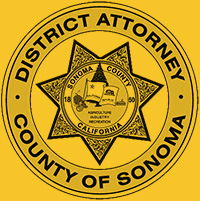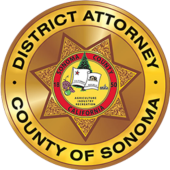What is an Opioid?
Opioids are pain relieving medications, such as codeine, morphine and oxycodone. They are also commonly known by their brand names, for example, Vicodin and OxyContin.
They are:
- Most often used for new, acute pain, such as after surgery, an accident, or a fall
- Come in many forms, including tablets, capsules or liquid
Opioid medications are to be used with caution and always under a medical provider’s close supervision because these medications have many serious side effects such as reducing or stopping your breathing. Continued use can lead to physical and/or psychological dependence. People who use opioids, even for as little as a few weeks, may experience withdrawal symptoms when the drug is discontinued or not taken consistently. Some examples of withdrawal symptoms include increased pain, sweating, feelings of anxiety and diarrhea.
Know the Risks
Talk to your health care provider about the risks and side effects of prescription opioids.
Opioid medications can:
- Cause your breathing to slow or stop, which can lead to death
- Cause dizziness and increase your risk for falling
- Lead to hormonal changes and reduced testosterone levels
Every year there are, on average, 44 deaths in Sonoma County due to accidental drug overdose.
Annually on average, there are 476 emergency department visits for accidental drug overdose among Sonoma County residents.
As many as 1 in 4 people who are taking a prescription opioid long term obtained from their primary care provider struggle with physical and/or psychological dependence.
If You Are Taking Opioids
- Take pain medication as prescribed by your health care provider and don’t increase the dose without first consulting your provider.
- Don’t drink alcohol, take sleep aides or other medicines or drugs that make you sleepy.
- Don’t drive or operate heavy machinery while taking opioids.
- Never share with other people, and store them in a secure/locked place to keep away from youth and children.
- Make sure to dispose of leftover and unused medication by returning to a designated safe medicine disposal site. For more information visit: www.safemedicinedisposal.org.
- If you think you are experiencing physical and/or psychological dependence to opioids, call (707) 565-7450 for substance use disorder treatment assessment and referral.
- Talk to your health care provider about whether there is a need for you to be prescribed a medication to reverse the effects of an opioid overdose like Naloxone.
Alternative Treatment Options
Chronic pain can greatly impact quality of life. Safe and effective pain management is the main goal.
Talk to your health care provider about the safest ways to manage your pain, especially treatments that don’t involve prescription opioids. Some of these options may actually work better and have fewer risks and side effects.
Treatment options may include:
- Acetaminophen (Tylenol) or ibuprofen (Advil)
- Cognitive behavioral therapy
- Physical therapy and exercise
- Medications for depression or seizures
- Interventional therapies (injections) by a pain specialist
- Complementary and alternative options including acupuncture, massage therapy, mindfulness-based stress reduction, osteopathic manipulation, spinal manipulation, tai chi, yoga, and other relaxation techniques
Resources for Health Care Providers
For more information on safe opioid prescribing visit: Sonoma County Health Action.
Sonoma County Opioid Prescribing Guidelines:
- Emergency Department Guidelines – English (PDF: 602 Kb)
- Emergency Department Guidelines – Spanish (PDF: 602 Kb)
- Primary Care Guidelines Summary Version (PDF: 299 Kb)
- Detailed Primary Care Guidance (PDF: 727 Kb)

